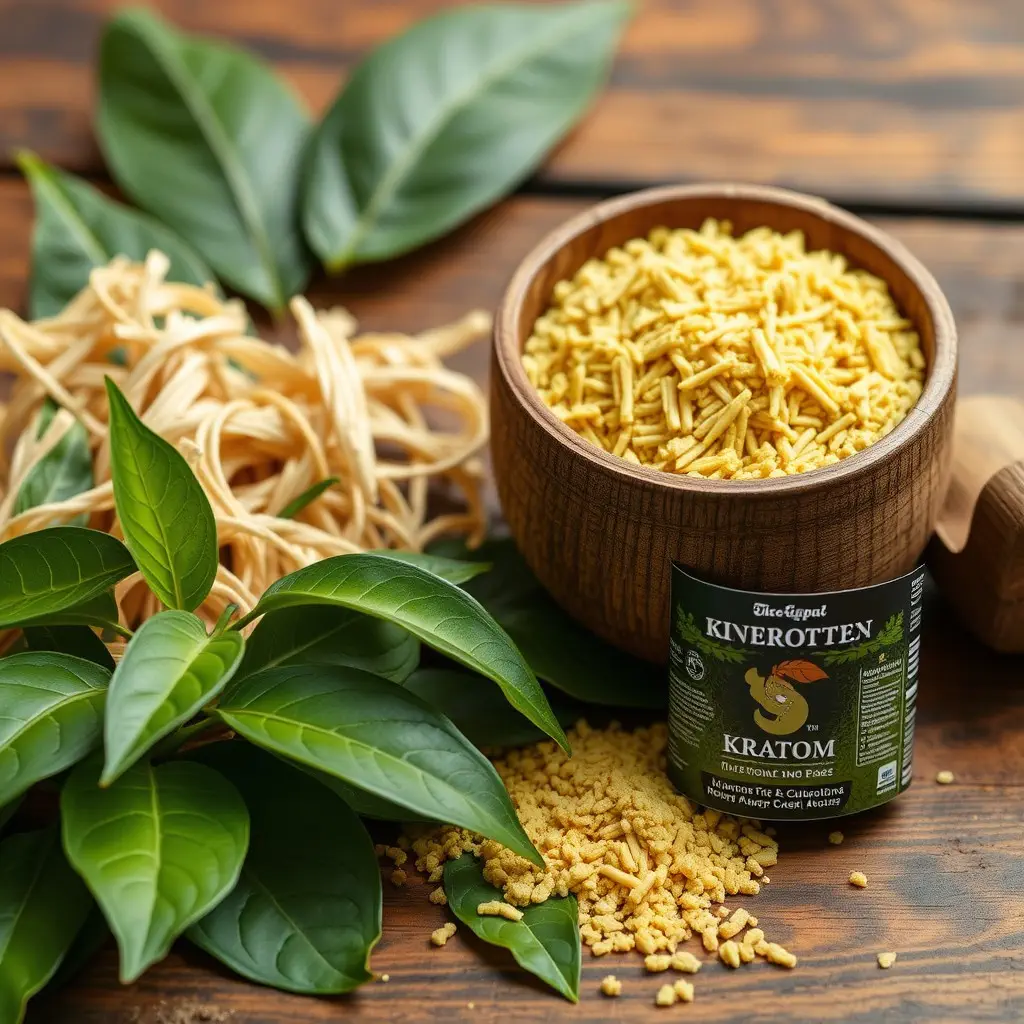Kratom, derived from the tropical plant Mitragyna speciosa, is a natural alternative for managing stress and anxiety due to its active alkaloid mitragynine. The U.S. Army recognizes its potential benefits but doesn't directly test for kratom usage because of its legal status as a dietary supplement. While it's not typically tested in standard military drug screenings, non-medical use can have implications. Service members are advised to exercise caution and stay informed about policies on alternative stress remedies while prioritizing responsible and informed kratom usage under professional guidance.
Stress and anxiety are prevalent issues, but natural solutions like kratom offer potential relief. This comprehensive guide explores how kratom can help manage stress and anxiety, backed by scientific understanding and practical advice. We delve into its effects on the body and mind, examine military policies regarding its use (including whether the Army tests for kratom), and provide strategies for safe and effective integration into stress management routines.
- Understanding Kratom and Its Effects on Stress and Anxiety
- Does the Army Test for Kratom? Exploring Policy and Usage
- Effective Strategies for Integrating Kratom into Stress Management Routines
Understanding Kratom and Its Effects on Stress and Anxiety

Kratom, derived from the tropical plant Mitragyna speciosa, has gained attention as a natural alternative for managing stress and anxiety. Its effects on the human body are well-documented, offering a unique approach to calming the mind and reducing nervous tension. The plant contains several alkaloids, with mitragynine being the most prominent, known for its ability to interact with opioid receptors in the brain, providing analgesic (pain-relieving) and anxiolytic (anxiety-reducing) properties. This interaction explains why kratom is often used as a non-addictive alternative to prescription opioids for pain management while also addressing anxiety disorders.
The U.S. Army has acknowledged the potential benefits of kratom in certain contexts, reflecting its growing recognition in mainstream healthcare. While there’s no direct indication that they test for kratom usage, given its legal status as a dietary supplement in many areas, awareness of its effects is crucial, especially among service members who may turn to natural remedies for stress relief and anxiety management alongside conventional treatments. Understanding the science behind kratom can empower individuals to make informed decisions about their well-being, ensuring they receive the appropriate support during times of heightened stress or anxiety.
Does the Army Test for Kratom? Exploring Policy and Usage

The use of kratom, a natural herb with psychoactive properties, has sparked interest and concern within various sectors, including the military. When it comes to the U.S. Army, the policy regarding kratom testing is an important topic for service members and those considering joining. While there isn’t a blanket ban on kratom usage, the Army does conduct random drug screenings as part of its standard procedures. These tests often include detecting substances like kratom, which can be present in certain forms of the herb, especially those used recreationally.
The military’s approach to substance testing is primarily focused on ensuring the safety and readiness of its personnel. Given the potential effects of kratom on cognitive function and behavior, the Army may consider it a concern, especially in high-risk operations. As such, service members are advised to proceed with caution and understand the legal and health implications associated with kratom use. Staying informed about military policies regarding alternative remedies is crucial for any individual navigating their options for stress relief while serving.
Effective Strategies for Integrating Kratom into Stress Management Routines

Kratom has emerged as a valuable ally in the battle against stress and anxiety, offering a natural alternative to conventional medications. For those curious about its potential, understanding how to integrate kratom into your stress management routine is key. One effective strategy is to establish a consistent daily practice, similar to brewing a cup of tea or meditation. Start with a measured dose, experiment with different strains known for their calming properties, and consistently time your kratom intake to align with moments of highest stress throughout your day.
The military’s policies on kratom usage, often inquired about by individuals seeking guidance, are important to note. While the U.S. Army does not currently test for kratom use as part of standard drug screenings, it is crucial to understand that non-medical use of any substance can have consequences. Always prioritize responsible use and consult with a healthcare professional before incorporating kratom into your stress management regimen, especially if you have existing health conditions or take other medications.
Kratom has emerged as a valuable tool in managing stress and anxiety, as evidenced by its growing popularity. However, it’s crucial to understand both its benefits and potential risks. For individuals seeking relief from these issues, integrating kratom into stress management routines can be transformative. Notably, being aware of military policies regarding kratom usage is essential, especially for those in service or aspiring to join. By understanding the substance, implementing effective strategies for safe consumption, and staying informed about legal considerations, like whether the Army tests for kratom, individuals can harness kratom’s potential to promote mental wellness.






